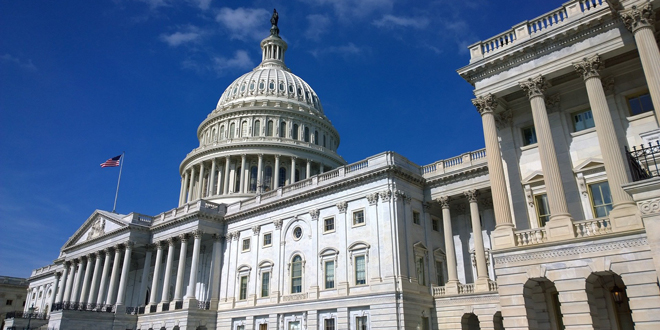Last year, bipartisan legislation (HR 7688) introduced by Reps. David Kustoff (R-Tenn.) and Earl Perlmutter (D-Colo.) proposed to ease regulatory burdens on appraisers by creating a new mechanism for completing or processing appraisal license applications. The Portal for Appraisal Licensure, or “PAL Act,” would authorize the Appraisal Subcommittee to work with state appraiser regulatory agencies to create a central portal for appraisers to submit and manage their state license and certification applications. This tool is envisioned to streamline tedious application processes facing many appraisers today such as the completion of background checks and submission of education records.
In recent years, many states and financial institutions have imposed layers of background check obligations on appraisers. Some of these requirements are not necessarily targeted at the appraisal community, but more generally toward third-party “vendors” of financial services institutions. Bank and consumer regulators have wanted to ensure banks are working with vetted professionals. Still, the effect is an increased regulatory burden on appraisers, who can find themselves having to submit to multiple background check processes from both state regulatory agencies and clients (banks and appraisal management companies).
Under the PAL Act, the Appraisal Subcommittee would establish a pass-through for a centralized FBI level background check that states could utilize in their review of applications by appraisers. This would function similarly to the Nationwide Multistate Licensing System administered by the Conference of State Bank Supervisors for the mortgage origination community. In sum, the PAL Act would lay the foundation for “one stop shopping” for background check information for appraisers. But it would not stop there – the PAL Act would also have the additional benefit of satisfying obligations regulated financing institutions have in complying with the third-party oversight imposed by federal bank and consumer regulatory agencies. This provision alone would streamline one of the most challenging aspects of license renewal and client relations processes facing appraisers.
Another benefit involves the central clearinghouse for appraiser education completion records so that states can pull down and review education records from across the country. Right now, this process is conducted piecemeal or on a state-by-state basis and wholly on the shoulders of appraisers and education providers. By offering a clearinghouse of this information for states to access and review, the PAL Act would be positioned to be the end-to-end solution for all parties to the license application process (appraisers, regulators, education providers, etc.) to maintain information. This is increasingly important as recent statistics have shown that the practice areas for appraisers are more frequently crossing state lines.
While the PAL Act has the potential to benefit appraisers with multi-state licenses, these provisions would be beneficial to all appraisal practitioners. The Appraisal Institute expects several appraisal related provisions that were introduced or considered in the last two years to be re-introduced in the 117th Congress. All indications are that the PAL Act will be part of that combination of bills. Considering the bipartisan nature of the bill, and the logical advancements of the appraisal regulatory structure, we believe the PAL Act will garner strong interest and support of members of Congress and the new Biden administration.
Have any comments or would you like to submit content of your own? Comment below or email comments@appraisalbuzz.com.








